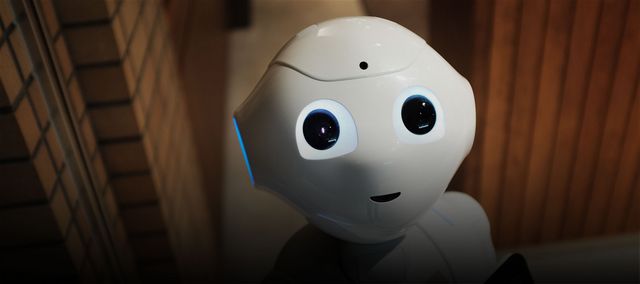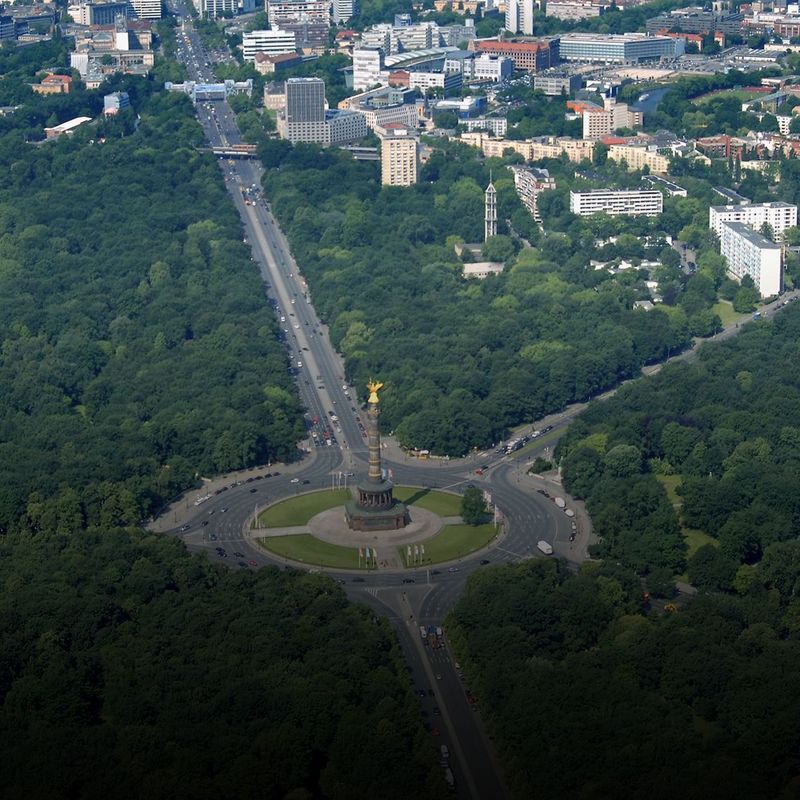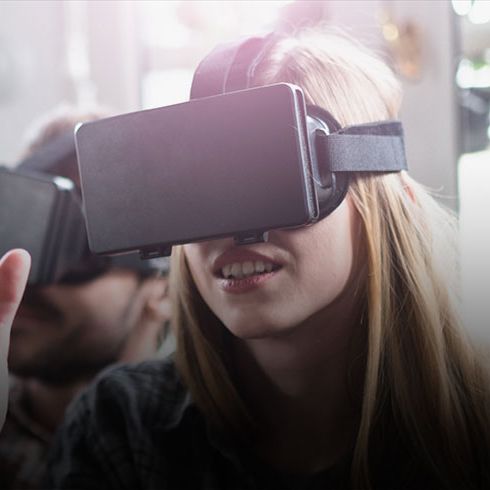21 November 2017
Artificial Intelligence has been shaping our daily lives for much longer than most people realise: Chatbots answer questions, sell things and offer advice; smart software beats even the world's best players of the board game Go and controls drones; and, thanks to automated equipment, industry has become more efficient. The next few years will see significant evolution of the technology – with far-reaching consequences at all levels. TÜV NORD is already setting the course for this future development.
The hype surrounding the fashionable subject of Artificial Intelligence shows no sign of diminishing: Hardly a day goes by without some discussion of new and exciting ideas. But anyone who believes that clever computer programs that simulate human behaviour and manage tasks on their own are pie in the sky and nothing more than the vision of a few whizz kids is barking up the wrong tree. “Many people don’t know that Artificial Intelligence has already been everywhere for a long time,” says Carsten Becker, head of the Corporate Centre Innovation at TÜV NORD. If, for instance, you want to get your bank card blocked online, you will in all probability be communicating with a chatbot rather than, for instance, a customer services team member. The intelligent communications robot will ask you for your account number and then forward the application for a new card. Just as highly developed are software programs for speech and image recognition. With each new generation - regardless of device - the technology is showing itself to be more sophisticated and more professional.
© TÜV NORDCarsten Becker, head of Corporate Center Innovation at TÜV NORD.
And yet, the age in which smart robots, such as the ones we know from science fiction movies, will be deployed is still a long way off. Of this Irina Fiegenbaum is convinced. The expert in Artificial Intelligence and team-mate of Carsten Becker works on behalf of TÜV NORD to analyse which technologies are already available, where the limits lie, and which systems the company can already make use of. “It’s true to say that there are intelligent programs that make the work of people more efficient, but we aren’t going to be replaced by robots any time soon,” says the industrial engineer. On the contrary, Irina Fiegenbaum believes that technology is opening up more space for creativity and making our everyday lives more exciting, even if machines will in the future work better, faster and with fewer mistakes than people.
© TÜV NORDIrina Fiegenbaum, expert for Artificial Intelligence.
Carsten Becker shares her view that fear of a takeover by robots is misplaced. His position is clear: instead of waiting anxiously for an uncertain future and fearing for the jobs of its staff, every company should pitch in to actively shape the world of tomorrow. “The issue of Artificial Intelligence is here to stay,” he declares. “What this means for TÜV NORD is that we absolutely must at least adopt a position. Artificial Intelligence is going to impact on us in every area.” Which is why he and Irina Feigenbaum are trying to take advantage of the opportunities which are already presenting themselves. “We have to prepare ourselves, even if what we’re capable of imagining is still way ahead of the current technology,” Feigenbaum says.
In specific terms, TÜV NORD is working on the basic principles for the use of intelligent systems - as inspections might in the medium term be one possible field of application. “If we want to improve inspections in the future, we should make use of this technology,” says Carsten Becker. “It’s really fortunate that we’re looking at this so early. In this way we have a good chance of being one of the players,” he adds.




